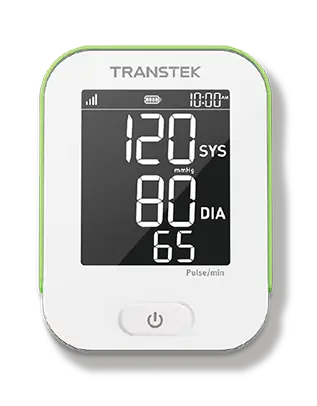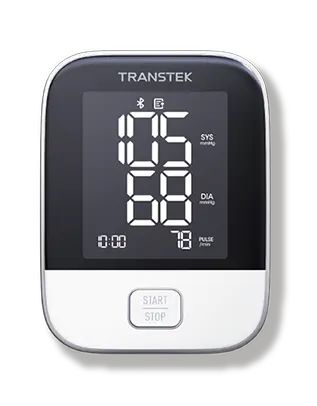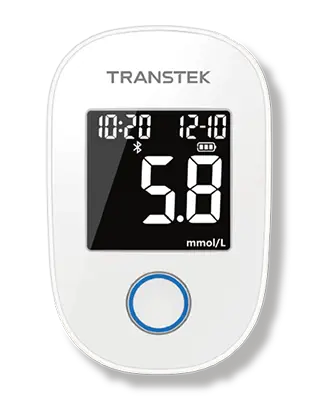
Healthcare institutions have always been at the forefront of adopting cutting-edge technology to enhance patient care. One such innovation that is making waves in the healthcare sector is the 4G blood pressure monitor. This device represents a significant leap in remote patient monitoring and is a true game-changer for healthcare institutions.
The adoption of 4G blood pressure monitors in healthcare institutions comes with a myriad of advantages. These devices allow for real-time monitoring of patients' blood pressure, providing healthcare professionals with accurate and up-to-date data. This level of monitoring is especially crucial for patients with chronic conditions, as it enables early detection of any irregularities and allows for timely intervention.
Additionally, 4G blood pressure monitors improve patient engagement and adherence to treatment plans. Patients can use these devices in the comfort of their own homes, reducing the need for frequent clinic visits. This not only saves time and resources but also encourages patients to take a more proactive role in managing their health.
The seamless integration of 4G blood pressure monitors with telemedicine platforms is another reason why healthcare institutions are embracing this technology. These monitors transmit data securely over 4G networks, allowing healthcare professionals to access patient information from anywhere with an internet connection. This is especially important for remote or rural areas, where access to medical facilities may be limited.
Moreover, the accessibility of real-time data means that healthcare providers can offer more personalized care. They can make informed decisions based on a patient's current health status, adjust treatment plans as needed, and provide timely advice and interventions.
The adoption of 4G blood pressure monitor in healthcare institutions is indicative of a broader trend in healthcare—embracing technology to improve patient outcomes. As these devices become more advanced and widely available, we can expect to see even more innovation in the field of remote patient monitoring. The integration of AI and machine learning algorithms may further enhance the capabilities of these devices, making them even more invaluable for healthcare institutions.
In conclusion, 4G blood pressure monitors have proven to be a game-changer for healthcare institutions. They offer real-time monitoring, improved patient engagement, and seamless integration with telemedicine, ultimately leading to better patient outcomes. As technology continues to advance, we can expect even more exciting developments in the world of healthcare monitoring. Healthcare institutions that embrace these innovations will be better equipped to provide top-notch care to their patients.
The 4G RPM Blood Pressure Monitor-TeleRPM BPM Gen 2 uses 4G technology to connect with T-Mobile or AT&T's cellular network and is inbuilt a cellular SIM card. The Application Programming Interfaces (API) are available to integrate with RPM health platform and hospital management systems.
+86-0760-85702291







